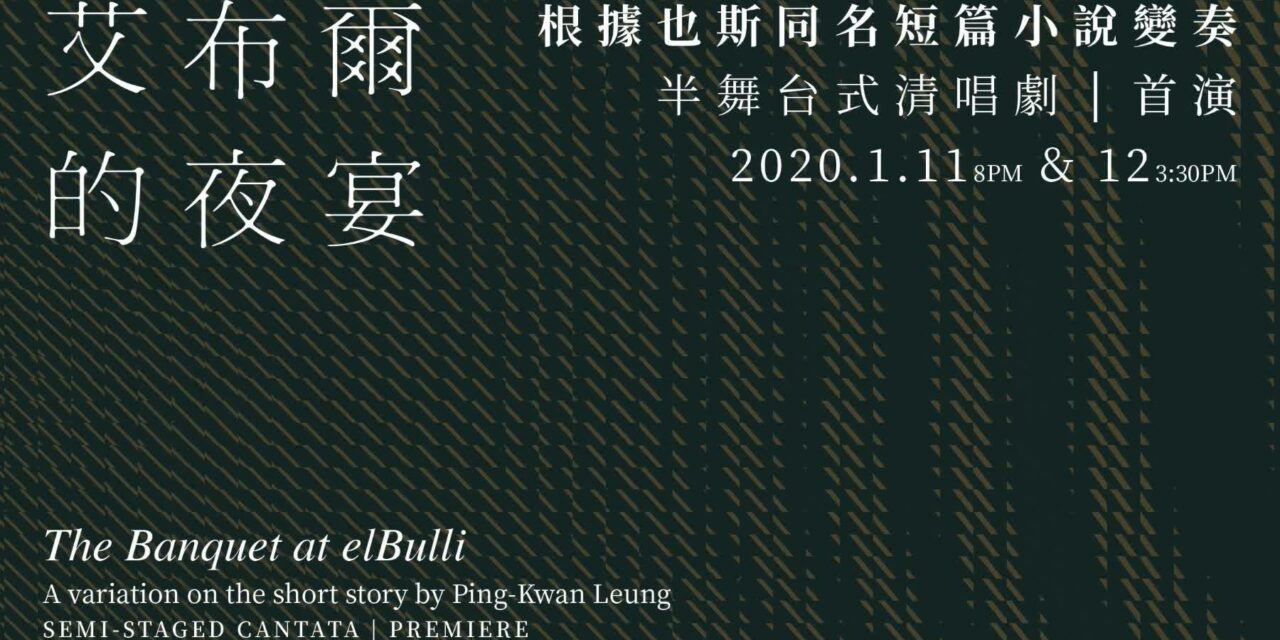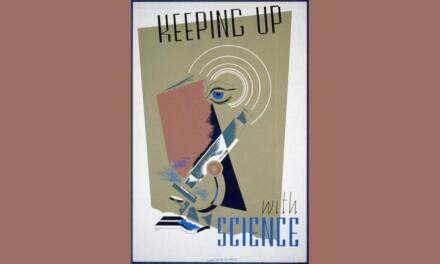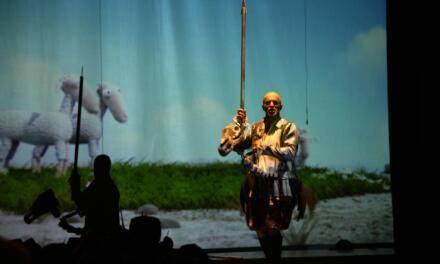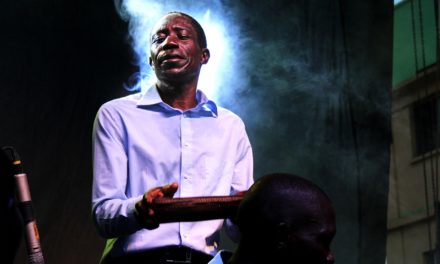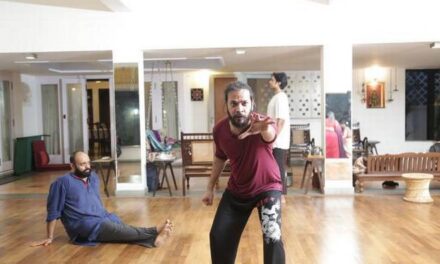This excerpt of the article is originally written in Chinese by the author. Full article will be published in the programme of the performance.
English Translation: Konstance Li
Postcolonial Affairs of Food and the Heart is a collection of short stories by the late Hong Kong author Ping-Kwan Leung. It is a collection of short stories on food dated back to as early as 1998. The first edition (2009) included twelve short stories; one of them was replaced by two additional ones in the revised edition published in 2012.
“The Banquet at elBulli” is included in the first edition of the collection. “Acknowledgement” in the book mentioned that the story was first published as “A Night at elBulli” on City Magazine in 2006.
Food and Memory, Divine Worship and Art
When one reads “The Banquet at elBulli”—in fact, the whole book of Postcolonial Affairs of Food and the Heart—one is bound to notice the strong relationship between food and memory attested by Ping-Kwan Leung. The Korean scholar Kim Hyejun has argued for the reason of Leung’s use of food as a theme in his 2017 essay titled “The Hong Kong Imagination in Ping-Kwan Leung’s Postcolonial Affairs of Food and the Heart” in Hong Kong Literature:
In his ‘Afterword,’ Ping-Kwan Leung has written, ‘Food connects people and relationships, they are the links to our memories, our imagination.’(p. 253) This is the very reason Leung chose food as the main subject in presenting his Hong Kong imagination […] He remarked that food, being tangible objects with tastes and colours, are what we always come into contact in daily life. They can be tool in connecting people’s emotions and memories and facilitating communications. By using food, one can more effectively and concretely illustrate the many faces of Hong Kong and its people. He later actively applied this thought into his writing of novels with very successful results.
As such, readers repeatedly find the “I” and his friends in the story reminiscing about what they have seen, read and listened before in “The Banquet at elBulli.” This is also a recurring literacy body throughout Postcolonial Affairs of Food and the Heart.
However, “The Banquet at elBulli” is different from the other short stories in the book (this being the reason I chose particularly this story as creative motive) as it responds directly to the past and future of literature and art. Divine worship is the foundation of almost everything when we reflect on the histories of art and drama. Participating in art, whether as an individual or being part of a collective action, entails a series of procedures and rituals: one needs first to purchase tickets for a music concert, a theatrical or dance performance, an art show at the museum or a movie at the cinema; one may fancy a meal before proceeding to the venue for an evening of artistic experience, and these apparent routines can be seen as rituals of divine worship. The activities themselves are also ritualistic: waiting at the foyer, settling down before the show, reading the synopsis, or waiting patiently, or checking in and texting on a smartphone. Once the light dims, the audience quiets down and the performance begins, and you know this is all about rituals.
As I interpret, in the story Ping-Kwan Leung uses the banquet’s “ritual of divine worship” to connect to that of the performing arts, and through the experimental innovations of elBulli he seeks to find a way forward for Hong Kong literature—“seeing the mountains as mountains, seeing the mountains, not as the mountains and seeing the mountains again as mountains.” “I” and his friends continue to reminisce about the past in concrete ways, while the young poet and dancer, who should be the future of Hong Kong literature and art, are illusory. Leung poured his feelings for the arts on the young people, but at the same time, found it perplexing and pessimistic towards their future.
With the themes of “divine worship,” “seeing the mountains as mountains, seeing the mountains, not as the mountains and seeing the mountains again as mountains” and “cherishing youth,” I started writing an outline for this cantata. Cantatas are mainly choral works around religious themes. I decided to project the role of the “priest” from Leung’s story onto the chorus, while at the same time, this chorus of “priests” is also an avatar of the “I” in the story, rendering the chorus a “mirror” of the audience.
And they are but one of the many mirrors on stage. The audience will find five “banquet dishes” on stage, which are the “mirrors” of the other two soloists. In ancient Greece, the drama is a sacrificial event honoring the gods, and rumors have it that ghosts dwell in all of the historical theatres in the world. Every night after the show, these deceased artists would come back to their “home”, the only place they could find refuge, and to watch over the new generation of artists. However, the ghosts need to be guided, that is why every night, late at night, a standing lamp commonly called “ghost light’ will remain on until the next morning when the theatre opens again.
In the story, the ghosts’ presence is undeniable, and I believe it is the thirty dishes of elBulli that summoned them; the five “dishes” in our cantata are the “ghost lights” that welcome the theatre ghosts, which the lights also represent their past and present.
This Is Not an “Adaptation” but a “Variation”
In the story, Leung provides an explanation on “Seeing the mountains as mountains, seeing the mountains, not as the mountains and seeing the mountains again as mountains:”
“The chef researches different types of materials, tastes, textures, feelings in the laboratory and extracts and reforms them. Is the chef a priest? Or a god? He may not be a god per se, but he is a creative artist. He observes and extracts the characteristics of everything, then remakes and weaves them anew, experimenting different sensations, smells, tastes and colours, just as the way a painter paints and a novelist writes.”
The emphasis is on “extracts the characteristics of everything, then remakes and weaves them anew.” Therefore, when creating a cantata out of the story of “The Banquet of elBulli”, one has to do a variation but not an adaption.
How to create a variation? I analyzed the story and divided it into sections, exploring how many pieces can be extracted when setting it as a musical suite. I came up with ten pieces in the first draft, in which eight of them are songs and two others are pure instrumental music […]
The Banquet at elBulli – Cantonese Semi-Staged Cantata – A Variation on the Short Story by Ping-Kwan Leung
Music by Daniel Lo
Libretto by Clement Lee
Premiere on 11th January 2020 at HKICC Lee Shau Kee School of Creativity
Commissioned by Hong Kong Voices
This post was written by the author in their personal capacity.The opinions expressed in this article are the author’s own and do not reflect the view of The Theatre Times, their staff or collaborators.
This post was written by Clement Lee.
The views expressed here belong to the author and do not necessarily reflect our views and opinions.

